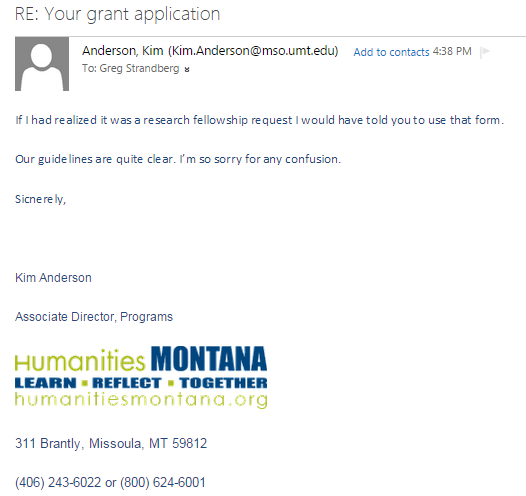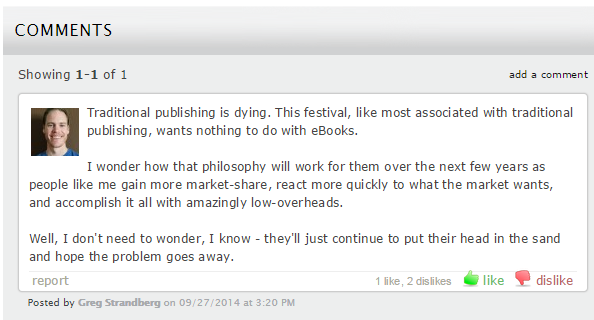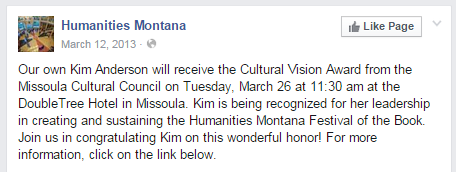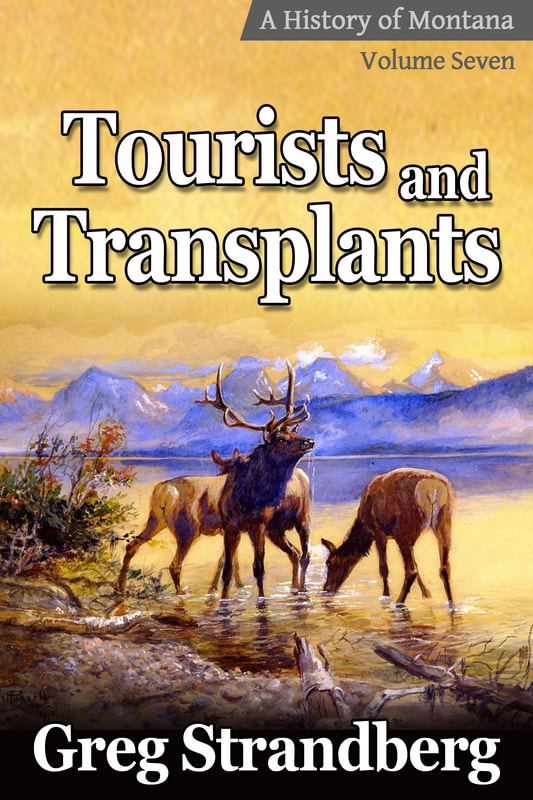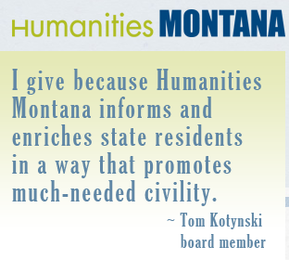
For those that don’t know, this is an independent, nonprofit affiliate of the National Endowment for the Humanities. It started in 1972 when thirteen Montanans figured they’d better start going after all that free money the feds were just handing out, something that started in 1965 when the National Arts and Humanities Act was passed by Congress.
You have to figure that our national debt was only $317 billion at that point. While it’s a safe to assume no one back then envisioned us getting up to $18 trillion in debt, I’m not sure this program was needed then or now. I mean, if there’s a profit-motive, people will find a way.
Problem is, there was never any profit motive to write history or anything else about the humanities…not until around 2007 or so when the Kindle came around. Suddenly any dumb asshole (like me) could publish anything they wanted to, and at little to no cost. While academic eggheads everywhere decried the low-quality, consumers ate-up the low-cost and often high-quality products in droves. The first blow to the hallowed halls of academia had landed.
In fact, I filled out a large and detailed grant application complete with a budget. I did this back in December, trying to beat that December 20 deadline. Here’s the reply I got:
I just don’t play in that world. I play in the real world where you create something and get it to market and if it’s good, it sells. Few in academia are ever expected to do that. They’re not expected to deliver results at all, actually.
Few in the state can say they make money from Montana books. One, however, is Ken Egan, and he works for Humanities Montana.
Ken Egan

Kim Anderson

So I asked if I could do something the next year, in 2014. I was told self-publishing is not on their agenda.
Bummer, huh?
That’s what propelled me to write this comment on the September 26, 2014, article called Montana Festival of the Book faces uncertain future:
I suppose that’s expecting a bit too much from the Humanities Montana staff, however. Sure, the head of the organization has put out a single book on Montana, as we saw, but should we expect that from all their staff? And just because you’re working at a university each day doesn’t mean any of that ability rubs off on you.
Let’s not ask how on earth can anyone else that hasn’t put a book out can possibly be a judge of books and grants and…humanities?
I suppose it’s because they’ve been educated in important places, had their articles appear in sophisticated journals, and collect a paycheck from the federal government’s National Endowment for the Humanities.
In other words, if these people actually had to make a living from their own hard work, they couldn’t do it, not a single one.
Obviously I fucked up, and should have put my efforts toward teaching Shakespeare to prisoners, creating a day-long TED talk, or profiling the stories of food service workers. Mainly, though, I think it’s that I had the gall to want to make money from my work.
Now, I know the cool thing at universities and nonprofits is to create work for work’s sake, perhaps giving it away or putting it out where anyone can see it. Any talk that this might belittle the work is usually ignored – we’re too busy attempting to shoot down anyone that wants to profit. After all, when you’re not making money yourself, why would you want anyone else to?
This is a symptom of the Entitle Generation, and our entitled society. After all, why work when you can get money for free? Kim Anderson and Ken Egan both get taxpayer money as their paycheck, and if you tried to take that away from them and make them actually get a real job, they’d never stop kicking and screaming. How, then, will we ever solve the problems Montana faces, a state heavily dependent upon the federal government?
Best to just show up to that taxpayer job each day and not think on it, hope it goes away.
Success is a strange thing, and when you see people moving past you in the fast lane, it makes that slow lane seem all the slower. I’m sorry people like Ken Egan and Kim Anderson are in the slow lane, but I didn’t put them there – their lack of a work ethic did.
My work ethic, however, remains strong. I don’t need grant money to write my history of Montana, I haven’t for four books worth of it. Any hesitation I had about writing Book 5 this month is long gone – how could I possibly pass up yet another opportunity to show up these academic hacks?



